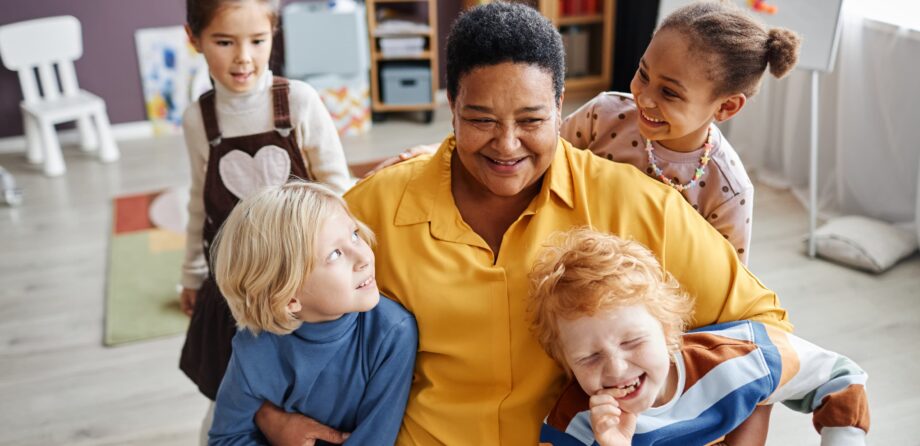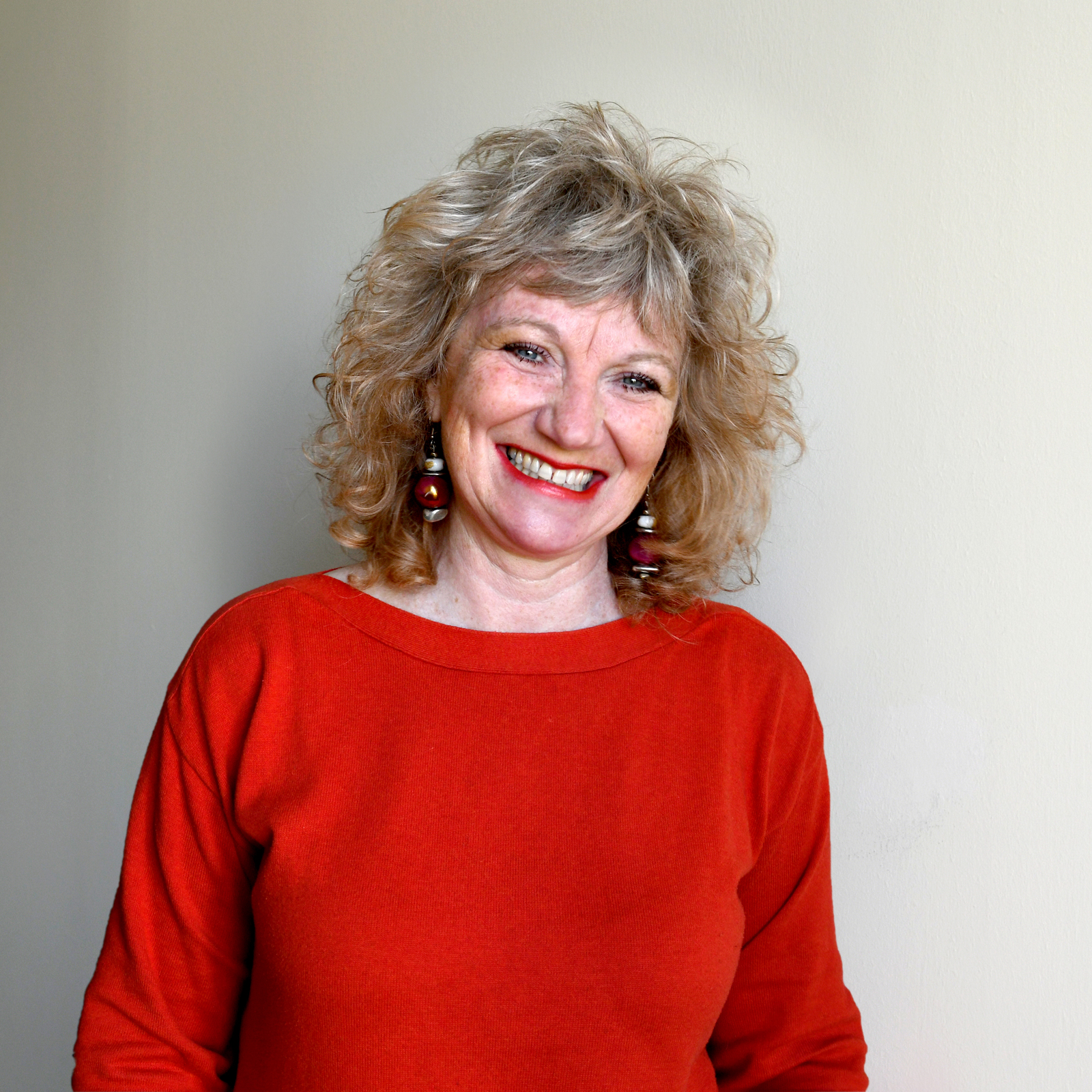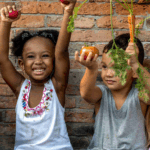
All things attachment with Suzanne Zeedyk
Improve your practice and fill gaps in your knowledge about attachment theory in early years with our guest blog with Dr. Suzanne Zeedyk.
1. Many early years practitioners are familiar with the attachment theory of scientists such as John Bowlby and Mary Ainsworth. How do they compare with today’s neuroscience?
In my experience, many practitioners are not aware of attachment theory. Many tell me they have never heard of it and that they weren’t introduced to it in their training. Even if they were, it may have been only at the theoretical level, so it is hard for them to make use of it in practice. That’s why I talk about it often at early years events. Attachment theory explains how relationships shape children biologically. It shows how children’s emotional experiences have a long-term impact on their brains and stress systems, either because adults were attuned enough to be able to help with big emotions – or because they weren’t. This one insight demonstrates how modern day attachment theory and neuroscience are integrally linked. I believe all early years practitioners deserve to understand its insights. It makes caring for children easier and kinder for them.
2. Tell us – how can early years settings support a baby’s innate drive and capacity to make attachments from birth?
Warm, responsive relationships are absolutely essential to a child’s healthy development and to healthy functioning in adults. So thinking about how you respond to a child, emotionally, is the key thing that practitioners can do. This has an impact on children’s ability to manage emotionally and thus on their behaviour. Being curious about what is driving their behaviour, and what needs they have in that moment, lets you respond warmly and attentively. I say with a smile: I know this is easier said than done when you are feeling frustrated by a child – and that’s why I think it is so valuable for people to really understand the science of attachment and relationships.
3. Can children thrive if they do not make early strong emotional attachments?
The simple response is: No. No human being can thrive in the absence of warm, responsive relationships. You may well survive but you can’t thrive.
4. How do ACES, early emotional trauma and early stress impact on children’s learning, development and wellbeing?
When you experience stress in the early years, and no one helps you with that, then it has a biological impact. It shapes how your brain develops and your how your stress system functions. Because these things are changing so much in the early years, it means that you end up with a fragile base for later development. I think we often overlook and underestimate what counts as traumatic for a child. We don’t realise that their experiences will be woven into their biology.
It is easy for us to see it as ‘just behaviour’ and to think that when a difficult episode is over, it is over. But it isn’t. If the child experienced a lot of anxiety, fear, upset, uncertainty – and especially if that happens on a fairly regular basis – AND they get no help in coping with such feelings – then that leaves a biological impact. I think this insight about long-term impacts is one of the most valuable things people can understand about ACEs (adverse childhood experiences) and trauma. Then we pay closer attention to how we respond to and treat children.
5. What can practitioners do to support children who are suffering from emotional trauma?
Make warm, trustworthy relationships. Offer support and comfort when they are upset, including when their behaviour is not what we would ‘like’ as adults. Be interested in their interests. Laugh with them as much as possible. Create a sense of ‘felt safety’.
6. Following the pandemic, what are the longer lasting impacts of Covid on children’s attachments?
I would put the question this way: what are the long lasting impacts of Covid on children’s biology? The answer is that, for some children, they had a reasonably enjoyable time with their parents. There was less pressure and hurry in the household. They got up later, they baked cakes, they played in the garden, they laughed a lot. This will have had a positive lasting impact on their brain and stress system. For many other children, we know these things did not happen. Domestic violence went up. Parental drinking went up. Tension in small houses with no garden went up. Fear about dying from Covid went up. If children spent time in families where these things happened, then their biology was affected also – for the long term. But biology coping with arguing looks very different from biology coping with laughter. We need to get very curious about young children’s experiences during Covid because, as I say, these are long-term impacts. We can help them recover. But only if we pay attention now.
7. How can practitioners support children to develop and maintain strong attachments during transitions into and throughout nursery?
A crucial element is to ensure that when a child is upset, they have someone safe and familiar to go to. This can get overlooked in a busy setting with many children. So pay attention to children who need comfort. Children also need someone to share their joys and delights with. This means that their brain learns other people think that their interests are important and that they, themselves, matter. These are the two key areas to pay attention to when you are developing attachment-led practice.
8. Which key research or findings would help to develop practitioner knowledge and practice on attachment?
Most practitioners find reading anything about early brain development to be fascinating, so I would start there. I have a book called Sabre Tooth Tigers and Teddy Bears that is intended as an introduction to attachment theory, so that might be a good place to start? Some of my other favourite authors in early years, on this theme, are Mine Conkbayir, Debbie Garvey, Sue Cowley, and Sally Featherstone. That gives you a good starting place.
Looking for more support with positive attachments in early years?
Get strategies to support children to develop positive attachments following the restrictions of lockdown with our half-day Positive Attachment nursery training.
More about Suzanne Zeedyk
Suzanne brings to her work her awareness of the latest discoveries on infant communicative capacities and brain development, as well as her own research expertise on parent-infant relationships and the socio-political contexts within which scientific information emerges.
Suzanne now works closely with organisations throughout the world, holding on to the same goal with which she set out: to increase awareness of the decisions we take about caring for children, because they are integrally connected to our vision for the kind of society we wish to build.

Similar Articles
Family voices, stronger nurseries: Tips for parent surveys

Summer sensory exploration: What’s in the box?


